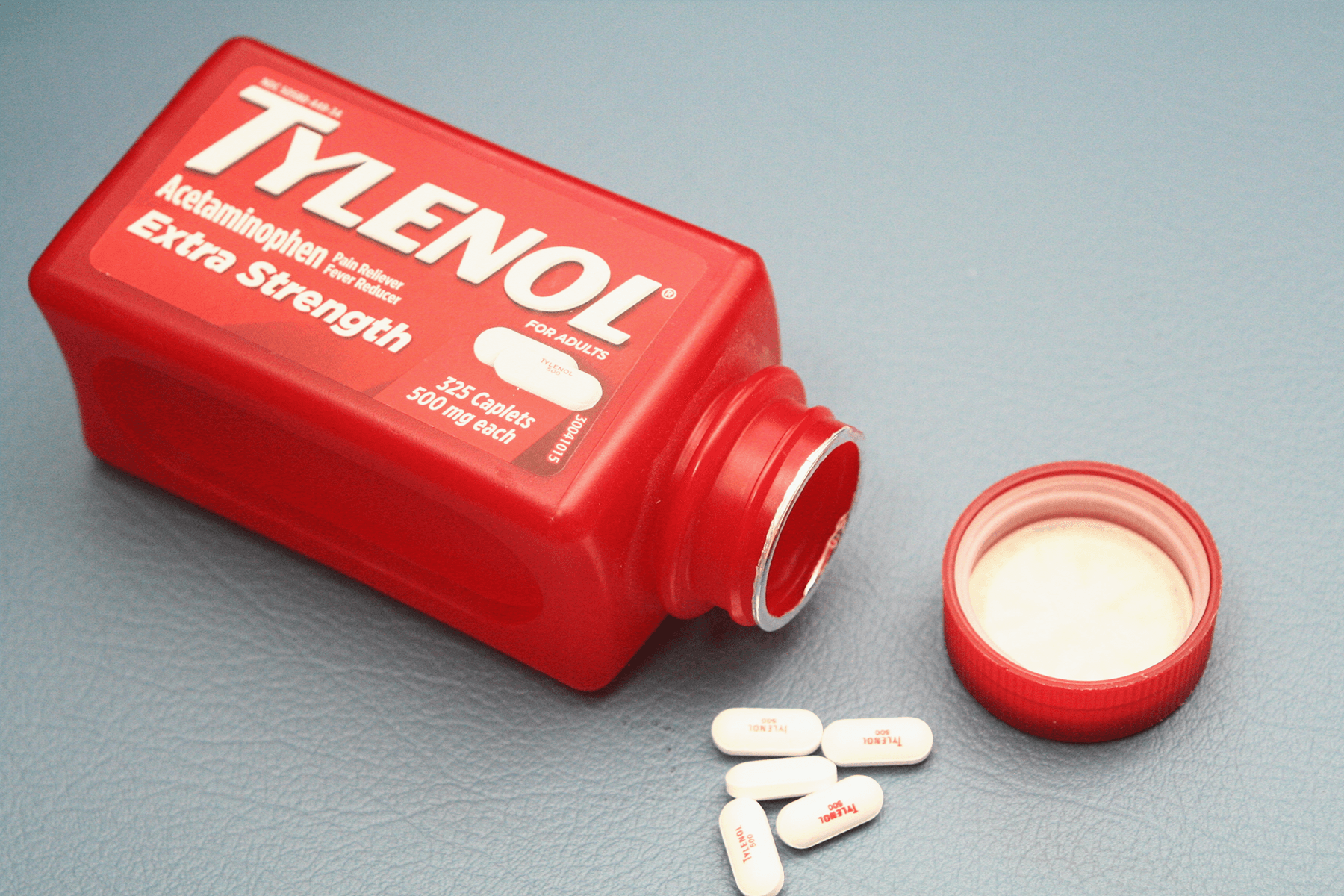Tylenol Autism & ADHD Lawsuits: Why Expert Witnesses Are the Linchpin of This Litigation
Expert testimony is make-or-break in Tylenol autism lawsuits, shaping outcomes as courts demand rigorous science and domain-specific credibility.
Published on
As mass tort claims alleging that prenatal use of acetaminophen (Tylenol) causes autism spectrum disorder (ASD) and attention-deficit/hyperactivity disorder (ADHD) continue to develop, expert testimony has emerged as the central factor in whether these cases are allowed to proceed.
Attorneys evaluating whether to file or defend against Tylenol-related claims must understand the litigation landscape, the scientific challenges, and—critically—the role expert witnesses play in shaping outcomes.
Litigation Overview: Where Tylenol Autism Lawsuits Stand Today
Over the past several years, plaintiffs have filed product liability suits alleging that prenatal acetaminophen exposure disrupts fetal brain development and increases the risk of ASD and ADHD in children.
These cases were consolidated into Multidistrict Litigation (MDL No. 3043) in the Southern District of New York, where federal judges assessed the scientific merits of the claims, with a particular focus on the admissibility of general causation expert testimony.
The Turning Point: Expert Testimony Excluded
In late 2023, the court excluded all of the plaintiffs' general causation experts, citing unreliable methodologies under Federal Rule of Evidence 702. As a result, the court entered judgment for the defendants in early 2024, dismissing the MDL cases due to plaintiffs’ failure to establish admissible evidence of causation.
The message to attorneys on both sides is clear: Expert witness testimony is the gatekeeper in this litigation. Whether representing plaintiffs or defendants, your expert strategy will likely determine the trajectory of your case.
The Scientific Landscape: Association vs. Causation
While several epidemiological studies have found associations between prenatal acetaminophen use and increased risks of neurodevelopmental disorders, most of the evidence is observational in nature and subject to significant confounding factors—including maternal fever, infections, stress, and genetic predispositions.
Regulatory agencies, including the FDA, have acknowledged these associations but have not concluded that a causal link exists. Some agencies are reviewing label changes, but currently, acetaminophen remains one of the most recommended medications for pain and fever during pregnancy.
This divergence between scientific evidence and legal standards of proof means that expert witnesses must not only interpret complex data, but also clearly demonstrate how their conclusions meet legal admissibility standards under Daubert or Frye.
Expert Witness Involvement in Tylenol Lawsuits
Why Plaintiffs’ Experts Were Excluded
In the federal MDL, plaintiffs retained experts across several disciplines, including:
- Epidemiology
- Developmental Toxicology
- Pharmacology
- Psychiatry
- Maternal-Fetal Medicine
However, the court excluded all of these expert opinions on the basis that:
- Their methodologies lacked reliability: The experts were found to have selectively emphasized studies that supported their opinions while minimizing or omitting contradictory findings.
- They overreached in interpreting data: The court noted that the experts often went beyond the conclusions of the original study authors.
- They failed to adequately address confounding variables: Many of the studies relied upon did not control for factors that could explain the association.
- Their conclusions were not broadly accepted in the relevant scientific communities: The court emphasized the importance of consensus, which is lacking in this field.
Without admissible expert testimony on general causation, the court dismissed the plaintiffs' claims.
New Experts Entering the Litigation
Plaintiffs have since attempted to introduce new expert witnesses in non-MDL and state-level cases. These experts have included additional epidemiologists and public health researchers, some of whom have previously served as expert witnesses in other high-profile product liability matters.
However, courts are applying rigorous scrutiny to these experts’ qualifications—particularly when their backgrounds do not directly align with neurodevelopmental disorders, teratology, or prenatal toxicology.
These challenges underscore the necessity of identifying specialists with direct domain expertise and robust, methodologically sound approaches.
Opportunities and Risks for Attorneys Handling Tylenol Cases
For Plaintiff Attorneys:
- The MDL dismissals underscore the need for well-vetted, scientifically grounded experts whose opinions can survive Daubert or Frye challenges.
- Label changes or regulatory updates may help bolster claims—but admissible expert evidence remains essential.
- Future success in state courts may hinge on securing new experts with stronger methodological discipline and narrower claims.
For Defense Attorneys:
- The MDL rulings provide a playbook for future Daubert motions.
- Ongoing monitoring of plaintiff-side experts—including their publication history, prior depositions, and shifts in testimony—will be critical for impeachment.
- Defense teams can proactively identify areas of scientific uncertainty and use them to challenge causation theories.
The Role of Expert Institute in Tylenol Autism & ADHD Litigation
Whether you're evaluating the viability of new cases or defending against filed claims, Expert Institute provides the strategic and scientific support necessary to succeed in this complex litigation.
Expert Witness Search & Vetting
We connect you with top-tier experts in:
- Epidemiology
- Developmental Toxicology
- Pediatric Neurology
- Pharmacokinetics
- Obstetrics & Maternal-Fetal Medicine
Our team rigorously vets each candidate for litigation experience, methodological soundness, and domain relevance—ensuring admissibility and credibility.
Expert Monitoring & Intelligence (Expert Radar)
Track retained and opposing experts with cutting-edge updates on:
- Publications
- Prior testimony
- Legal challenges
- Public statements
- Regulatory involvement
This helps your team anticipate weaknesses and identify opportunities for impeachment or rebuttal.
Medical Record Review & Strategy
Our in-house team of 75+ physicians can assist in:
- Reviewing prenatal and pediatric records
- Assessing exposure history and developmental benchmarks
- Supporting causation or rebuttal arguments through clinical insights
Litigation Consulting
We collaborate with your team to:
- Prepare for Daubert hearings
- Develop expert cross-examination strategies
- Simulate expert depositions
- Construct comprehensive, data-driven causation theories
Ready to Strengthen Your Expert Strategy?
With litigation evolving and regulatory guidance in flux, attorneys handling Tylenol-related cases need a strategic, medically informed approach to expert engagement.
Whether you're pursuing plaintiffs’ claims or defending manufacturers and retailers, Expert Institute delivers the custom expert support you need to win at every stage of litigation.


